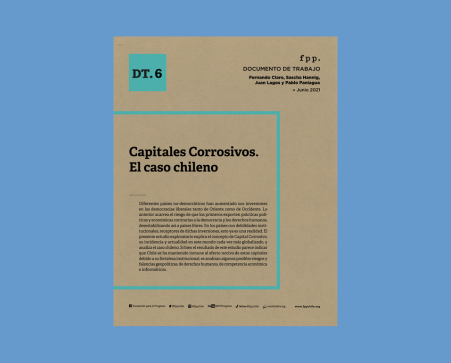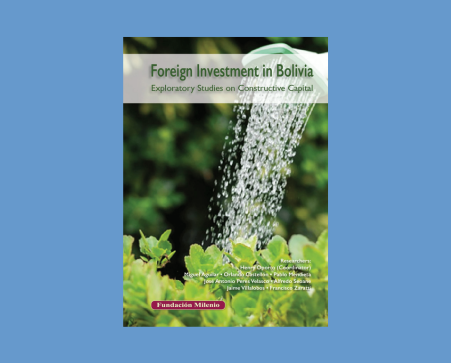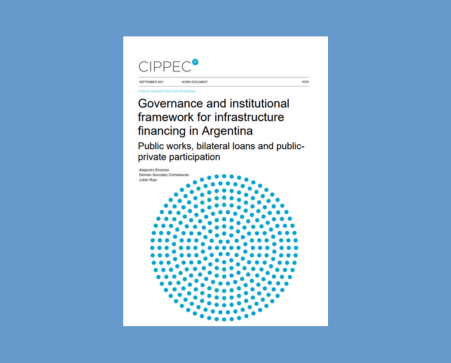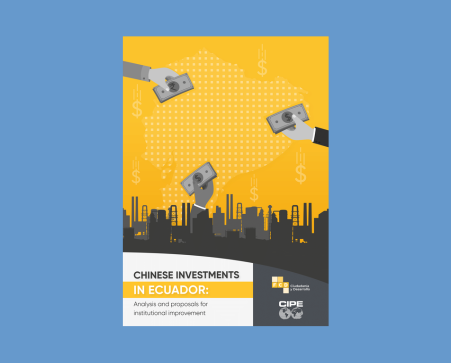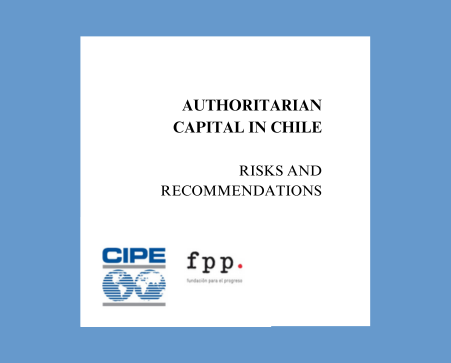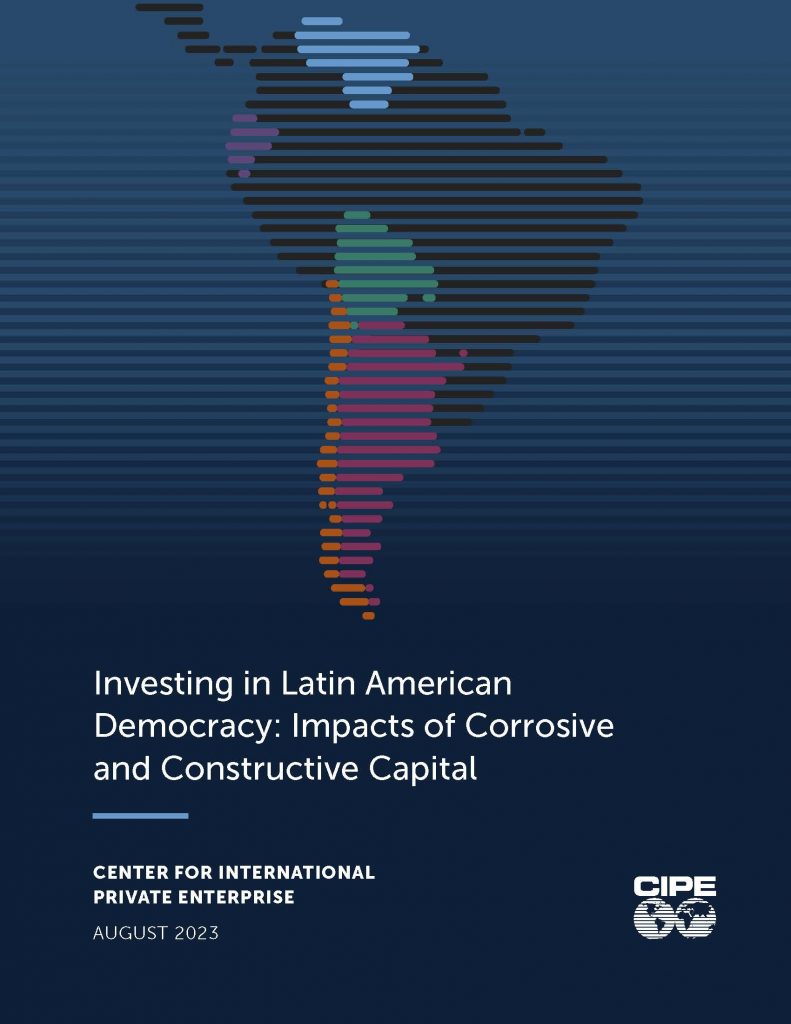Latin America is a diverse region made up of 33 countries where democracy is strained, barring a few notable exceptions. The region’s resource richness and development needs in the infrastructure, energy, and telecommunications sectors have led to increased investments in recent years. CIPE works with partners in the region to analyze the impact of significant capital flows from opaque origins.
CIPE and its partners have identified precarious loan repayment structures tied to commodities as collateral, such as oil and gas, which undermine recipient countries’ future financial stability. Additional practices such as poor transparency in procurement processes, bribery, backdoor dealing, and subverting national labor and environmental regulations have been observed. The extent of these practices depends on the enforcement of legal and regulatory protection in national legislation and varies widely throughout the region. Partners have identified institutional strengths that repel authoritarian capital’s corrosive effects just as they have identified cases of Corrosive Capital subverting democratic governance norms. CIPE continues to work with its partners throughout the region to identify institutional strengths and shortcomings to formulate policy recommendations to protect democratic institutions while promoting growth.
CIPE’s Corrosive and Constructive Initiative Objectives in the Region:
- Identify governance gaps that allow Corrosive Capital to infiltrate the region;
- Collaborate with diverse stakeholders to find policy solutions to close governance gaps; and
- Raise awareness and support for corrective recommendations to foster an investment environment that respects national laws, is accountable to stakeholders, and responds to market demand.
Regional Expert
Martin A. Friedl
Director, Latin America and Caribbean
Timeline of CIPE’s Corrosive Capital Work in Latin America and Caribbean

